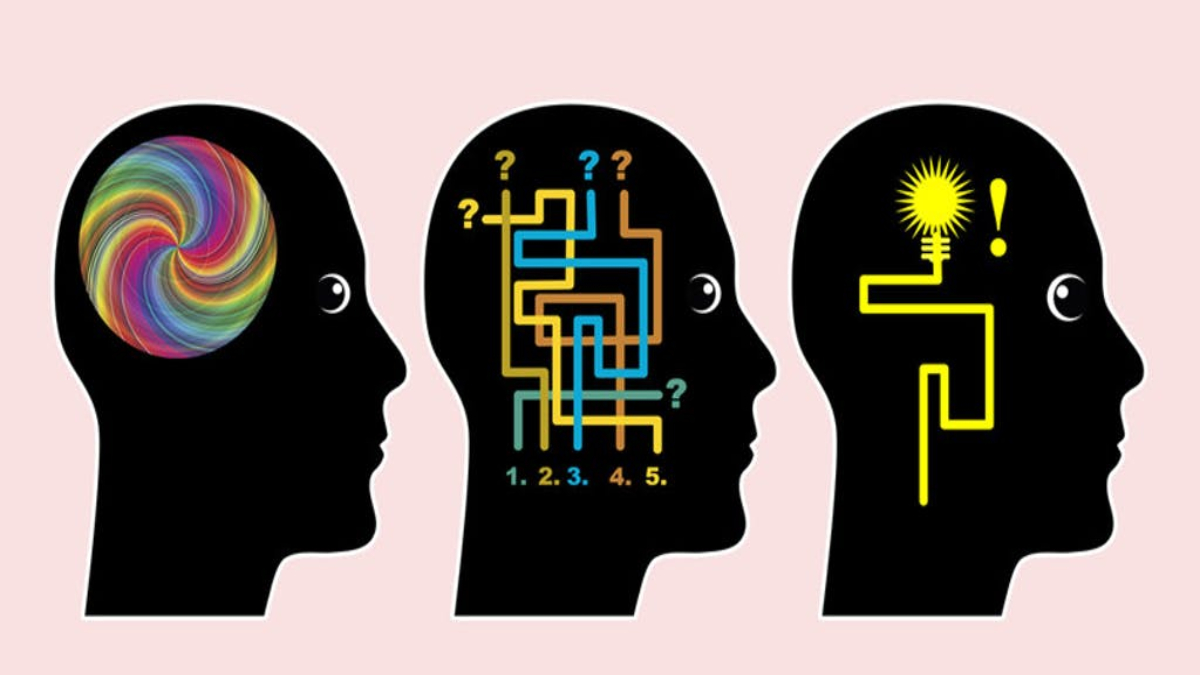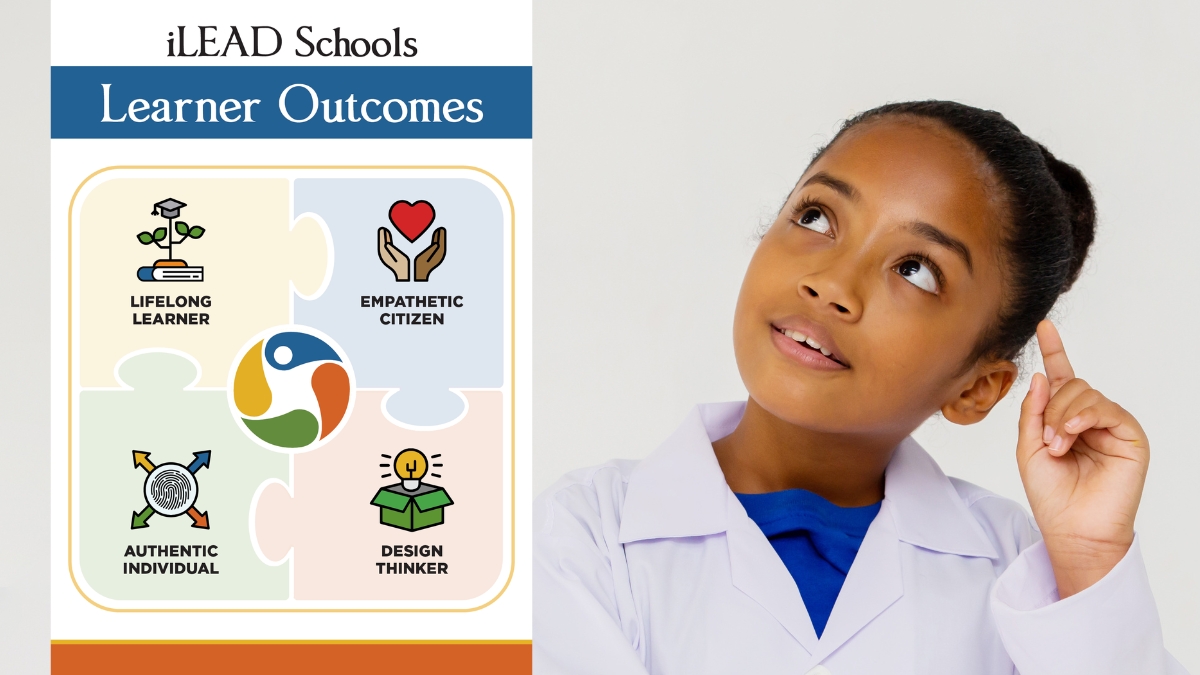What is Your Learning Style?

How do you learn best? Learners are often identified as a certain type: visual, auditory, or kinesthetic, and each type has some common traits.
Visual learners –
- Learn by seeing and reading information
- Often like using paper/pencil vs. computer
- Pay attention to detail
- Sometimes struggle with oral directions
Kinesthetic/Tactile Learners –
- Respond best by doing – drawing, building, moving
- Often communicate with hand gestures and touching
- Remember better with movement – drawing, taking notes, building
- May require frequent breaks to move
Auditory Learners –
- Learn best by listening to discussions, directions, lectures
- Talk frequently, to self or others
- Are distracted in noisy environments
- Uses tone or volume of voice to convey emotions
Which of the three is your preferred method of learning? You are likely a combination but tend to use one style more successfully than the other two. What about your family members – can you guess what type of learner each person is?
There are multiple resources online if you want to take a short quiz to help identify (or confirm) your learning style. You may want to take more than one test and compare the results. Knowing your learning style can help you make better choices when approaching new information. It can also help you understand how other people (like family members) process information.
RECENT POSTS

Schoolwide Learner Outcome: Design Thinking
iLEAD is excited to continue our Schoolwide Learner Outcomes series. Our December focus is design thinking. This article has several tips to help you cultivate design thinking in your child:… Read More

Upcoming Events
iLEAD AV Studio Fri., 12/19: Learner Free Day – No School for Learners Fri., 12/19: Reports of Progress Sent Home Fri., 12/19-Mon., 1/12: Winter Break Mon., 1/12: Professional Development for… Read More

Upcoming Events
iLEAD AV Studio Mon.-Fri., 11/24-28: Fall Break – School Closed Click here for the school year calendar. iLEAD AV Exploration (Home Study) Mon., 11/17: Beginning of LP 4 Thur., 11/20:… Read More


